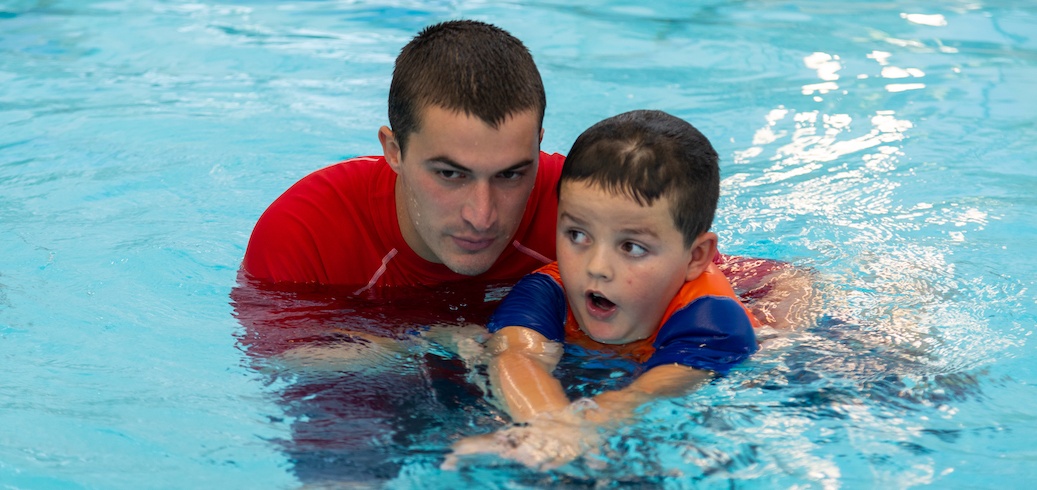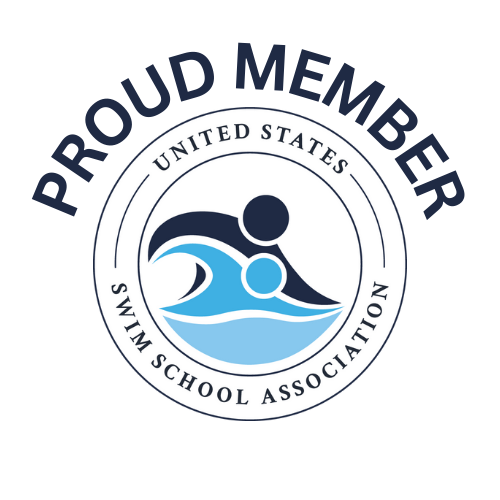April is Autism Acceptance Month; a nationwide effort started by the Autism Society to promote autism awareness and assure that all affected by autism are able to achieve the highest quality of life possible. First launched in 1972, Autism Acceptance Month focuses on providing information and resources for communities to be more aware of autism, promote acceptance, and be more inclusive in everyday life. In support of such an important cause, we decided to do our part in raising awareness about autism, as well as the need for a multi-layered water safety strategy to reduce the risks of drowning, a leading cause of death of individuals with autism.
What is Autism?
More than 3.5 million Americans live with an autism spectrum disorder (ASD), which now includes several conditions that were previously diagnosed separately: autistic disorder, pervasive developmental disorder not otherwise specified (PDD-NOS), and Asperger syndrome. While not always the case, these conditions typically appear during childhood and affecting a person’s ability to communicate and interact with others. Individuals with ASD may learn, think and problem solve differently than others, but the range of help needed in their daily lives can vary for each individual.
Diagnosing ASD can be difficult because there is no medical test to diagnose the disorder. Doctors look at the child’s developmental history and behavior to make a diagnosis. To learn more about autism, visit the CDC’s page on the signs and symptoms of autism spectrum disorders.
Drowning Risks
Water holds an appeal for many individuals diagnosed with autism spectrum disorder (ASD), but this fascination can prove dangerous. According to the National Autism Association, 32% of parents reported a “close call” with a possible drowning. This makes water safety awareness and education that much more important!
Tragically, drowning is among the leading causes of death of individuals with ASD, and according to the National Autism Association, the risk of death by drowning is twice as high for children with ASD than in the general population. Many factors contribute to these devastating statistics, including the following common behavioral characteristics:
- Limited or non-verbal communication skills.
- Impulsivity (acting without thinking).
- Lack of fear or conversely, more fear than expected.
- Tendency to wander or bolt from a safe, supervised place.
- Commonly drawn to water, often with an inability to understand the dangers associated with it.
Drowning Prevention
Fortunately, a combination of water safety precautions and water safety education can help to significantly reduce the risks of drowning. Please see below for water safety tips that every caregiver should keep in mind!
- Remain attentive to a special interest or frequent draw to the water.
- Teach the importance of water safety early and often! Visual and social stories can be an effective way to maximize retention.
- Sign up for specialized swimming lessons that are specifically designed for individuals with special abilities. This can teach critical and lifesaving water survival skills in the event of an accidental fall into water.
- Emphasize the dangers of water to help prevent a potentially dangerous situation, such as being drawn to an unsafe body of water.
- Notify your neighbors so they’re aware of a tendency to wander and acting as a second set of eyes in your community.
- Maintain constant visual contact in and around the water.
- Safeguard home swimming pools with a four-sided isolation fence with self-closing and self-latching gates.

British Swim School’s Special Abilities Program
Following the mantra, ‘Survival of the Littlest,’ our team is dedicated to teaching water survival skills to individuals of every age and ability. In fact, our aquatics program was initially designed with special abilities in mind back in 1981! Our Special Abilities program takes our traditional British Swim School methods and incorporates them into a specially designed program, allowing us to work with any swimmer to help them feel comfortable and safe in the water. We work one-on-one with each student to tailor their learning experiences to align with their abilities and learning style, ultimately aiming to assimilate the student into the traditional program once they’re ready!
If you have a child or loved one with special abilities, we would love to discuss your water safety needs and how we can help! Our Special Abilities program is offered at select locations across the US and Canada. Contact your local British Swim School today for more information!





